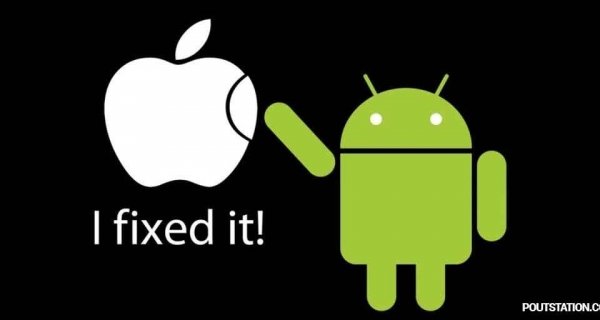Is Google listening to your phone calls? Check How?
This is revealing for a few reasons, not the least of which is that Google records, save, & transmits your voice data in a way that can be accessed by actual people. So much for privacy.
Posted 6 years ago in International, updated 6 years ago.
Is Google listening to your phone calls, check how?
You thought they were listening anyhow, right?
It turns out you were right. Every time you talk to your Google Assistant, there's a chance somebody might listen to the audio from that conversation. This is revealing for a few reasons, not the least of which is that Google records, save, & transmits your voice data in a way that can be accessed by actual people. So much for privacy.
Google says its reason for having human contractors listen to your conversations with Google Assistant is to improve performance in multiple languages. That revelation came in response to a leak of audio by a contractor Google refers to as a "language reviewer."
People are listening.
Each time you say "Hey Google," or actually access the Google Assistant feature on your smartphone or Google Home, your communications are recorded & those recordings are then possibly reviewed by contractors that Google says are used to improve its products.
However, in addition to listening when you give a command, sometimes your device will experience what Google calls a "false accept," which means that your conversation is recorded even though you're not directly engaging with Google Assistant, & haven't given the wake command.
That means it's possible for Google's contractors to listen to audio recorded when you're talking to your spouse or on the phone, even when you're not interacting with a Google device.
As for your personal data captured, Google says that just 0.2 % of all audio snippets end up being listened to by the company's language reviewers. And the company does allow you to delete those snippets manually, or automatically after a period of time.
Still, this news represents a significant difference in the way Google operates its voice assistant & it's indicative of why people have such a hard time trusting the company. Even if the reason for listening is completely benign, the constant stream of news about data breaches, privacy concerns, & even regulatory investigations makes it harder & harder to give the company the benefit of the doubt.
Big tech companies are getting harder to trust.
I think maximum people assume that Google's computers are listening, monitoring, recording, & analyzing pretty much every interaction with the company's products like search or Photos. I think that a maximum of us never give much thought to the fact that it's possible that actual people might be on the listening end.
And the fact that your voice data is conveyed to contractors for any reason means that there's always a chance that it could be leaked or put at risk. In fact, that's exactly what happened here.
With Apple's Siri assistant, for example, the processing of maximum voice commands happens on the device, & the only data sent to the cloud is a request for the specific data, like a sports score or directions.
Apple also doesn't record your voice waiting for you to say "Hey Siri," & if it does capture voice audio, the actual recording of your voice never leaves the device.
As I've written here before, your personal data & privacy are increasingly at risk. Tech companies don't have the best track record at honoring boundaries with your personal data or privacy & haven't exactly done a great job of protecting that data either.
Trust is your maximum valuable asset.
Trust is quickly becoming a company's maximum valuable brand asset, especially if you are a tech company. Even if you aren't, there's an opportunity to distinguish your brand by the way you treat your customers & their data.
In fact, there's an opportunity to identify what your users aren't your product, & even if your business model is based on selling ads, it's possible to do it in a way that balances your need for data without violating the privacy of your users.
Instead, be transparent about what it is you are planning to do with their data. By the way, transparent doesn't mean bury it deep in some terms & conditions or privacy policy. It means to be upfront about exactly what the cost is in terms of a user's personal data, & what exactly you plan to do what that data.
At the same time, as a user, it's your responsibility to understand exactly what happens with your data, despite the fact that tech companies have very little incentive to be transparent.
There will always be a trade-off anytime you use technology--especially when it involves listening to your voice, understanding what you're saying, & providing your data--but be educated about that trade-off so you make an informed decision & count the cost.









